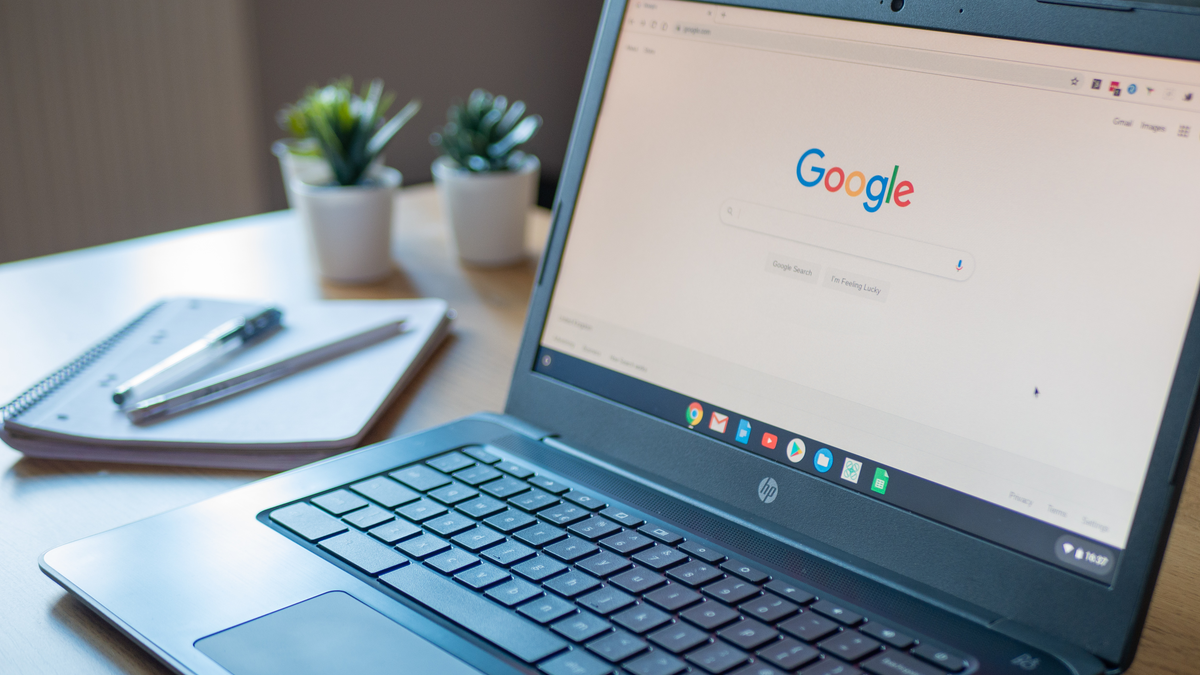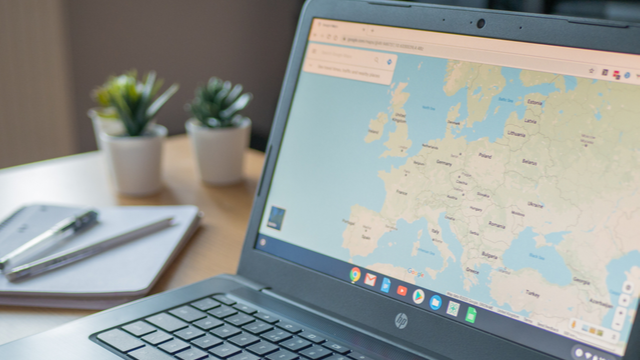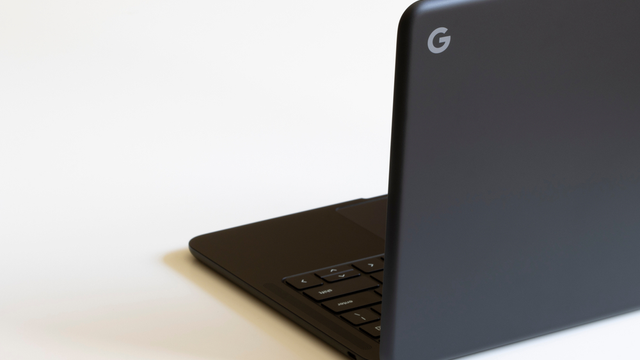Quick Links
Chromebooks have been around for over a decade, and they've changed a lot over the years. People have always wondered if they could really live with only a Chromebook. How does that play out in 2022? Let's explore.
We originally wrote this piece near the end of 2021, and it's just as relevant now in 2022.
More Than Just a Browser
Chromebooks have the reputation of being "just a browser" on a laptop. After all, "Chrome" is in the name, and that was mostly how they started out. But Chromebooks have come a long way since then. They're no longer "just a browser."
The last time we talked about living with a Chromebook full time, Google had just started rolling out support for Android apps. Since then, the integration has matured, and while it's still not perfect, it does add some extra functionality.
Nowadays, nearly all Chromebooks have access to the Google Play Store. That puts hundreds of thousands of apps and games at your disposal. The vast majority of these apps aren't designed for laptops, but an increasing number of Chromebooks have touch screens.
Perhaps the biggest development in Chromebooks being more than browsers is Linux integration. Introduced in 2018, select Chromebooks can run Linux apps. This was a big step in making Chrome OS more like a full-fledged desktop operating system.
Linux on Chrome OS exited beta in 2021. It's still not something that the average Chromebook user will want to mess with, but for those looking to stretch the limits of what Chrome OS can do, it's there.
The most recent big addition to Chrome OS is the "Phone Hub." This is Google's answer to Windows 10's "Your Phone" app. If you have an Android device and a Chromebook, they can now work really well together.
All of this goes to show that Chromebooks are far more than just browsers in 2022. Yes, they're still designed with simplicity at heart, but that's not where they end.
But Sometimes "Just a Browser" Is Good
Speaking of simplicity, being "just a browser" isn't automatically a bad thing. For a lot of people, there's no need for Android and Linux apps. A browser and some web apps will get them through their daily tasks with ease.
Not everything designed to be simple needs to be forced into something more. Mac and Windows PCs are great at many things, but that level of functionality can be overkill. It actually hampers the user experience to have so many options. Chromebooks, however, try to balance functionality with user experience.
This is also why "Can you live with a Chromebook?" is such a complicated question. The answer is highly dependent on how you use a computer, and everyone uses computers differently. If "just a browser" sounds like a bad thing, you're probably not the intended demographic for Chromebooks.
Let's say that your average computer usage revolves around reading and writing emails, checking social media, paying bills, and just generally browsing the web. Can a Chromebook work as your full-time computer? Absolutely. For some people, simplicity isn't a limitation. It's a positive feature.
Chromebooks Still Aren't for Everyone
No matter how much Chromebooks evolve, they will never work for everyone. It really just depends on what you need and how flexible you're willing to be to make it work. A lot of people technically could use a Chromebook full time, but would it be an enjoyable experience?
For a personal example, I used a Chromebook as my primary laptop for a long time---although my main computer is a Windows desktop PC. When my needs consisted mainly of writing, it was a perfect device to take on the go: super lightweight, good battery life, and easy to type on.
As my needs started to include things like annotating screenshots, mirroring devices to my PC, and doing more image editing, it got harder to make the Chromebook work. There's only so much that you can do with photo editing web apps. Eventually, I had to admit that the Chromebook was making things more difficult, and I switched to a Windows laptop instead.
Chromebooks aren't for everyone, and that's fine. They aren't meant to be.
Give It a Try
One neat thing about Chrome OS is that it's relatively easy to try without buying a Chromebook. There are a couple of ways to get a taste of what it has to offer for free.
First, you can run Chromium OS in VirtualBox on your current PC. This is the open-source project that Chrome OS is based on, just like how the Chrome browser is based on Chromium. The one downside to this is that you don't get to try out the Android app support.
The second method is great if you have an old PC collecting dust somewhere. You can use Neverware CloudReady to convert it into a Chromebook. This is a great way to breathe life into an aging, slow device. You can run it off a USB drive first before committing to installing it on the device.



